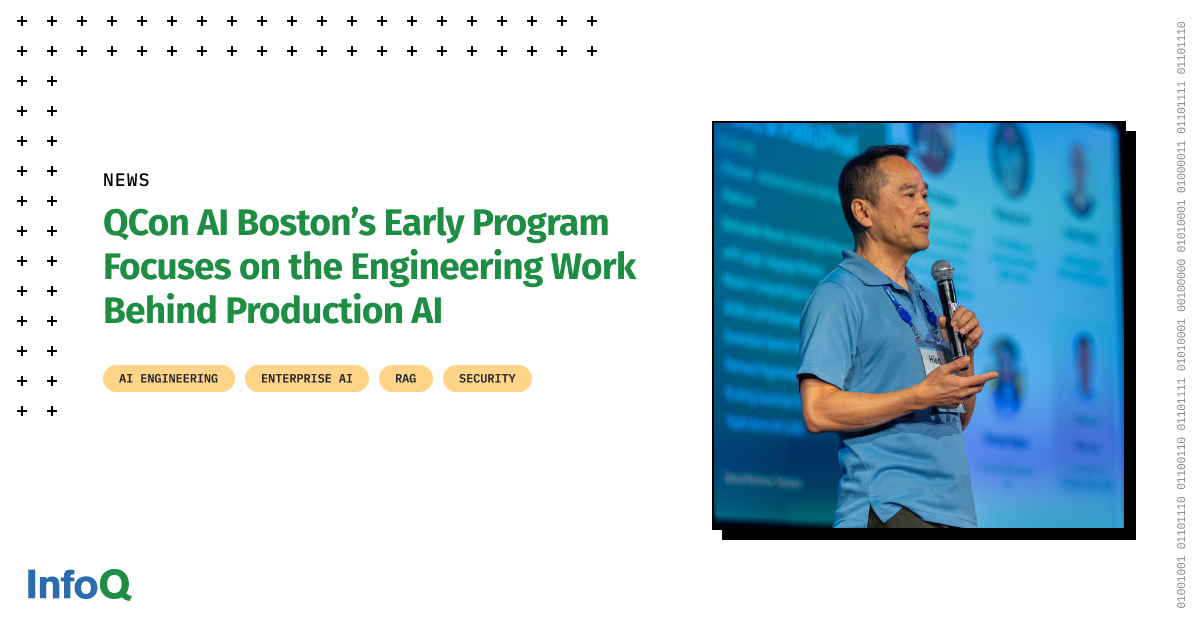Codetown
Codetown ::: a software developer's community
If you haven't check out Scala lately, go download it's package from http://www.scala-lang.org/downloads/index.html. It can be unzip/untar into a directory like C:\opt for example and can start using.
Here is a quick run with an interpreter that comes with the package:
C:\opt\scala\bin\scala
Welcome to Scala version 2.7.1.final (Java HotSpot(TM) Client VM, Java 1.6.0_10-beta).
Type in expressions to have them evaluated.
Type :help for more information.
scala> new java.util.Date
res0: java.util.Date = Wed Jul 16 21:19:44 EDT 2008
scala> def now = new java.util.Date
now: java.util.Date
scala> now
res1: java.util.Date = Wed Jul 16 21:33:20 EDT 2008
scala> now
res2: java.util.Date = Wed Jul 16 21:33:22 EDT 2008
scala> now
res3: java.util.Date = Wed Jul 16 21:33:23 EDT 2008
scala> val sum = 1 + 2 + 3
sum: Int = 6
scala> val nums = List(1,2,3)
nums: List[Int] = List(1, 2, 3)
scala> nums.foldLeft(0)((sum, n)=> sum+n)
res4: Int = 6
scala> nums.map(n=>Math.pow(n,2))
res5: List[Double] = List(1.0, 4.0, 9.0)
As you can see it's pretty neat to play with Scala collections along with anonlymous functions/closure.
What do you think of Scala Language?
-Z
Tags:
Replies to This Discussion
Notes
Welcome to Codetown!
 Codetown is a social network. It's got blogs, forums, groups, personal pages and more! You might think of Codetown as a funky camper van with lots of compartments for your stuff and a great multimedia system, too! Best of all, Codetown has room for all of your friends.
Codetown is a social network. It's got blogs, forums, groups, personal pages and more! You might think of Codetown as a funky camper van with lots of compartments for your stuff and a great multimedia system, too! Best of all, Codetown has room for all of your friends.
Created by Michael Levin Dec 18, 2008 at 6:56pm. Last updated by Michael Levin May 4, 2018.
Looking for Jobs or Staff?
Check out the Codetown Jobs group.
InfoQ Reading List
Decentralizing Architectural Decisions with the Architecture Advice Process

Our system architectures have changed as technology and development practices have evolved, but the way we practice architecture hasn’t kept up. According to Andrew Harmel-Law, architecture needs to be decentralized, similar to how we have decentralized our systems. The alternative to having an architect take and communicate decisions is to “let anyone make the decisions” using the advice process.
By Ben LindersQCon AI Boston’s Early Program Focuses on the Engineering Work Behind Production AI

As teams move AI from pilots to production, the hard problems shift from demos to dependability. The first confirmed talks for QCon AI Boston (June 1–2) focus on context engineering, agent explainability, reasoning beyond basic RAG, evaluation, governance, and platform infrastructure needed to run AI reliably under real-world constraints.
By Artenisa ChatziouGitHub Data Shows AI Tools Creating "Convenience Loops" That Reshape Developer Language Choices

GitHub’s Octoverse 2025 report reveals a "convenience loop" where AI coding assistants drive language choice. TypeScript’s 66% surge to the #1 spot highlights a shift toward static typing, as types provide essential guardrails for LLMs. While Python leads in AI research, the industry is consolidating around stacks that minimize AI friction, creating a barrier for new, niche languages.
By Steef-Jan WiggersCloudflare Debuts Markdown for Agents and Content Signals to Guide AI Crawlers

Cloudflare has introduced “Markdown for Agents,” a feature that lets AI crawlers request Markdown versions of web pages. The company pairs the feature with a proposed “Content Signals” mechanism that lets publishers declare whether their content may be used for AI training, search indexing or inference.
By Matt FosterPresentation: What I Wish I Knew When I Started with Green IT

Ludi Akue discusses how the tech sector’s rising emissions impact our global climate goals. Drawing from her experience as a CTO, she explains seven key lessons for implementing Green IT. She shares insights on LCA assessments, the paradox of microservices, and why FinOps doesn’t always equal green.
By Ludi AkueSwitch to the Mobile Optimized View
© 2026 Created by Michael Levin.
Powered by
![]()